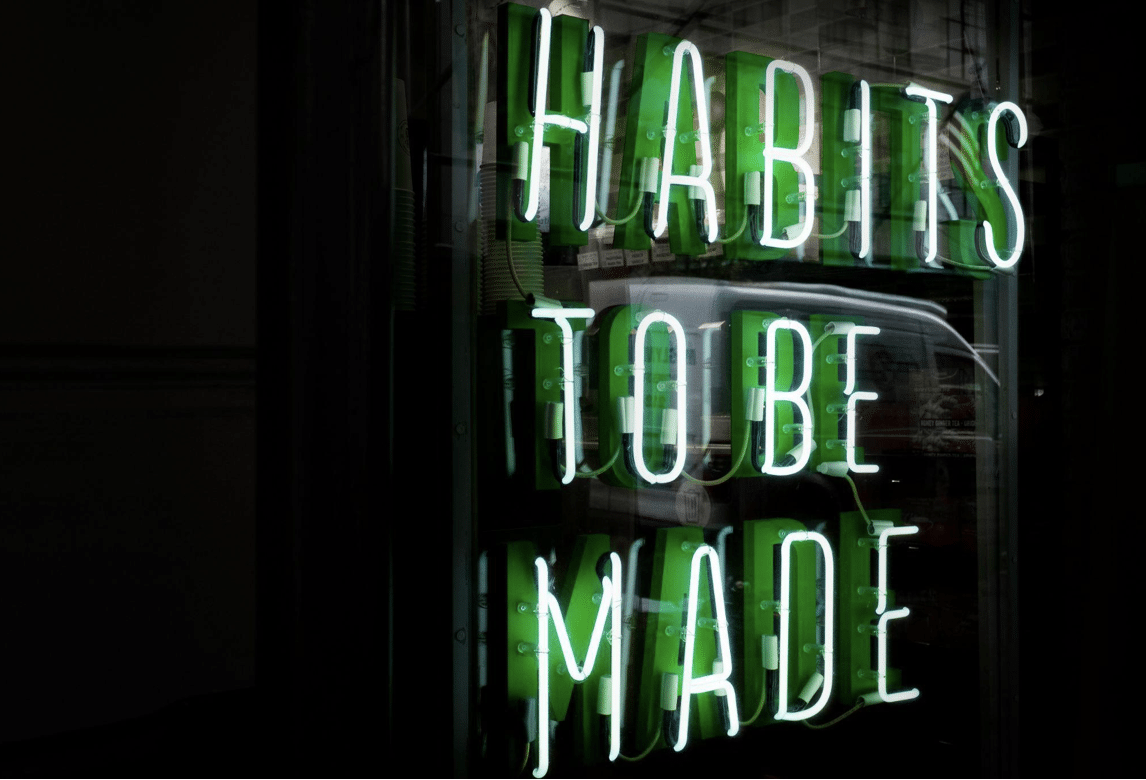 We often underestimate the power of small habits in shaping our lives. The psychology behind habits reveals that tiny shifts in our daily routines can lead to significant transformations over time. By understanding how our brains form and maintain habits, we can harness this knowledge to create positive changes that stick.
We often underestimate the power of small habits in shaping our lives. The psychology behind habits reveals that tiny shifts in our daily routines can lead to significant transformations over time. By understanding how our brains form and maintain habits, we can harness this knowledge to create positive changes that stick.
One practical angle is to use reliable cues. Time-based prompts, for example, are excellent triggers for micro-habits: a consistent alarm, the moment you finish your morning coffee, or the ritual of checking a classic timepiece. That sense of precision, much like the craftsmanship associated with tissot watches men, helps anchor a 5–10 minute routine (stretching, journaling, a short walk) you can repeat daily.
Equally important is reducing friction. Make desired actions obvious and easy: lay out your workout clothes the night before, keep your water bottle on your desk, and streamline your tech so tracking or reading takes one tap instead of five. Even small environment tweaks, like using slim, grippy magsafe cases so your phone docks quickly for charging or habit-tracking, add just enough convenience to keep you consistent.
In this article, we’ll explore how cues, convenience, and rewards interact to reinforce behavior, and how to design tiny, repeatable actions that compound over time. Whether it’s improving productivity or enhancing well-being, these strategies can help you take control of your behaviors and turn minor tweaks into major milestones.
Understanding Habits
Habits play a crucial role in shaping our daily lives. Understanding how they form and function allows us to harness their power for personal growth and improvement.
What Are Habits?
Habits are automatic behaviors we perform in response to specific cues. They consist of three components: the cue, the routine, and the reward. For example, seeing our running shoes (cue) might trigger the habit of jogging (routine), leading to feelings of accomplishment (reward). Habits can be beneficial, like daily exercise, or detrimental, like excessive screen time. Recognizing what constitutes a habit enables us to identify those we wish to change or strengthen.
The Science Behind Habit Formation
The science of habit formation involves brain processes, particularly the basal ganglia, which play a key role in encoding habits. Neuroscientifically, habits form through repetition and reinforcement. As we repeat a behavior, our brain pathways strengthen, making the action easier to perform over time. Research from the American Psychological Association indicates that habits can take 18 to 254 days to develop, depending on the individual and context. Understanding this timeframe can help us set realistic expectations for habit change.
The Role of Psychology in Habit Change
Understanding the psychology behind habit change helps us leverage motivation and identify triggers. By applying psychological principles, we can create effective strategies for lasting transformation.
The Influence of Motivation
Motivation drives our behaviors, influencing our habits. Internal motivation, like personal goals and values, significantly impacts our willingness to change. External motivation, such as rewards and recognition, can also play a crucial role. When we recognize the significance of motivation, we can set specific, achievable goals that align with our desires. Research shows that intrinsic motivation leads to more sustainable habits than extrinsic forms. By focusing on what inspires us, we can foster greater commitment to change.
Behavioral Triggers and Cues
Behavioral triggers serve as cues that prompt our habits. These cues can be external, such as time of day or environmental factors, or internal, such as emotions and thoughts. Recognizing these triggers helps us understand when and why we engage in certain behaviors. For instance, feeling stressed might lead us to seek comfort in unhealthy snacks. By identifying these cues, we can create strategies to replace negative habits with positive ones. Developing awareness of our triggers enables us to design more effective habit change plans, making small but impactful adjustments in our routines.
Small Shifts for Big Change

Small changes can significantly influence our habits and overall well-being. By focusing on minor adjustments, we create pathways for substantial transformation.
Identifying Tiny Changes
We focus on recognizing areas in our routines where we can implement tiny changes. These may include opting for stairs instead of elevators, drinking an extra glass of water daily, or dedicating five minutes to mindfulness practice. By pinpointing these small shifts, we enhance our daily experiences and lay the groundwork for larger habit changes. Making these modifications requires minimal effort but yields rewarding outcomes when integrated consistently, encouraging a cycle of positive reinforcement.
The Compound Effect of Small Habits
We understand that small habits accumulate over time to create significant outcomes. This concept applies to various aspects of life, such as health, productivity, or personal development. For instance, reading just ten pages of a book daily leads to 3,650 pages in a year, equal to about twelve books. Each small action contributes to a larger objective, reinforcing our motivation to persist. The compound effect underscores the importance of consistency; as we steadily adopt and maintain small habits, we witness exponential growth in our overall achievements and well-being.
Strategies for Developing Better Habits
We can cultivate better habits by employing clear strategies, focusing on our goals and celebrating our achievements along the way.
Setting Realistic Goals
We establish achievable goals by applying the SMART criteria, Specific, Measurable, Achievable, Relevant, and Time-bound. Specific goals provide clarity on what we want to achieve, while measurable goals allow us to track our progress objectively. Achievable goals ensure we set targets that are realistically within reach, promoting sustained motivation. Relevant goals align with our core values, making them meaningful and compelling. Time-bound goals create a sense of urgency, prompting action within a designated timeframe. By setting realistic goals, we reduce the likelihood of frustration and improve our chances of success in developing lasting positive habits.
Tracking Progress and Celebrating Wins
We enhance our habit development by consistently tracking our progress and celebrating small victories. Using journals, apps, or spreadsheets allows us to record daily actions tied to our goals, creating an external accountability system. Visual representations of progress, like habit trackers, provide immediate feedback and maintain motivation. Celebrating wins, no matter how small, reinforces positive behavior, instilling a sense of accomplishment. We can reward ourselves with non-material incentives, such as extra leisure time or a favorite activity. By recognizing and celebrating milestones, we condition our minds to associate positive outcomes with our newly established habits. For a deeper understanding of habit formation, check out resources from the American Psychological Association.
P.S. Before you zip off to your next Internet pit stop, check out these 2 game changers below - that could dramatically upscale your life.
1. Check Out My Book On Enjoying A Well-Lived Life: It’s called "Your To Die For Life: How to Maximize Joy and Minimize Regret Before Your Time Runs Out." Think of it as your life’s manual to cranking up the volume on joy, meaning, and connection. Learn more here.
2. Life Review Therapy - What if you could get a clear picture of where you are versus where you want to be, and find out exactly why you’re not there yet? That’s what Life Review Therapy is all about.. If you’re serious about transforming your life, let’s talk. Learn more HERE.
Think happier. Think calmer.
Think about subscribing for free weekly tools here.
No SPAM, ever! Read the Privacy Policy for more information.
One last step!
Please go to your inbox and click the confirmation link we just emailed you so you can start to get your free weekly NotSalmon Happiness Tools! Plus, you’ll immediately receive a chunklette of Karen’s bestselling Bounce Back Book!


 We often underestimate the power of small habits in shaping our lives. The psychology behind habits reveals that tiny shifts in our daily routines can lead to significant transformations over time. By understanding how our brains form and maintain habits, we can harness this knowledge to create positive changes that stick.
We often underestimate the power of small habits in shaping our lives. The psychology behind habits reveals that tiny shifts in our daily routines can lead to significant transformations over time. By understanding how our brains form and maintain habits, we can harness this knowledge to create positive changes that stick.
